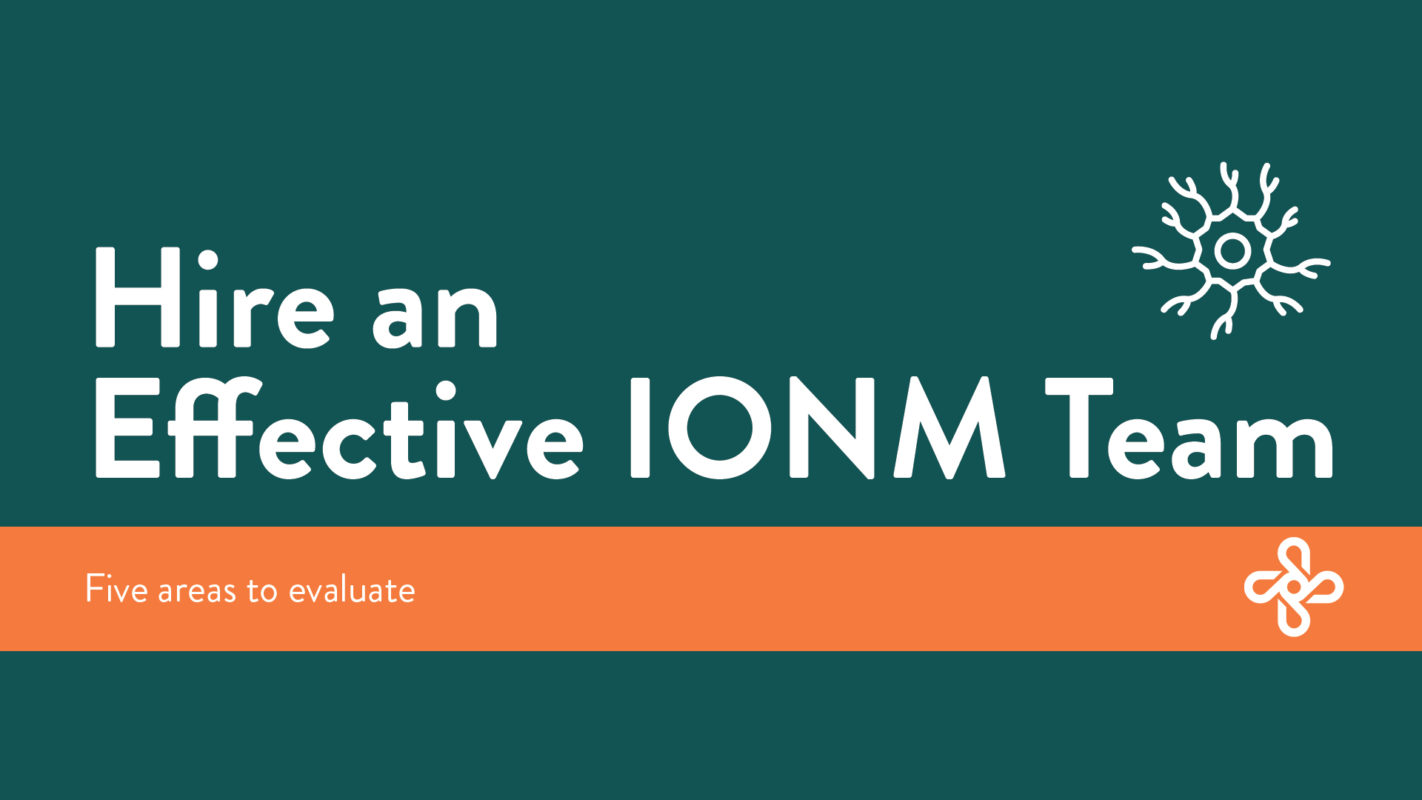
Illegal referrals and inaccurate billing are often inadvertent, but can be part of deliberate and deceptive moneymaking schemes when physicians and other clinicians have ownership in outsourced providers for hospitals (including intraoperative neuromonitoring (IONM) providers). Whether intentional or not, there is an ongoing pattern of regulatory compliance violations relating to the False Claims Act, the Stark Law, and the Anti-Kickback Statute. Headlines continue to regularly highlight fraudulent billing and illegal referrals that pose tremendous risk to hospitals, providers, and patients. Even alleged violations and pre-trial indictments can be costly given that regulatory agencies are authorized to suspend federal payments to providers under investigation. Physicians, staff, patients, investors, and entire communities can lose faith in a hospital’s brand and switch to a competitor due to regulatory violations, or even the mere suggestion of wrongdoing.
Check out our Cost of Compliance Infographic
for more detail on the cost of violations.
Compliance violations and a disregard for the best interests of the patient jeopardize clinical quality and outcomes. IONM, in particular, can be prone to improper regulatory practices. And yet, the very purpose of IONM is to provide surgeons with reliable, real-time feedback to help keep patients safe during surgery. Research shows that patients are likely to receive better clinical outcomes when their surgeries are supported by clinicians and physicians who use evidence-based IONM techniques, but achieving these results requires more than exceptional clinical skill—ethical business practices and patient advocacy play important roles in the value of healthcare delivery, too.
Because IONM often features remote telemedicine and limited or out-of-network coverage, billing is susceptible to illegal practices as well. Intentional double billing, unbundling, and upcoding to gain higher reimbursement are clear examples of Medicare and Medicaid fraud that emphasize financial outcomes over patient outcomes. Fortunately, the best IONM providers are guided by a philosophy that puts patients first throughout all phases of the healthcare experience. They ensure that their administrative processes are compliant and result in fair and appropriate billing. And some, like SpecialtyCare, will even assist patients by acting as an advocate with insurance companies as part of their overarching commitment to improve the delivery of care.
Outsourcing services to a reputable, patient-centric IONM provider offers a protective barrier from illegal and improper physician referrals, billing, and ownership arrangements. But because the hospital is responsible for compliance of all services within the organization, third-party clinical partners must be vetted thoroughly. Partnering with service providers who make the patient experience a priority can go a long way toward protecting your reputation and bottom-line.
A clinical partner who is capable of earning your trust will be able to demonstrate how compliance-related activities increase clinical quality and offer protection from healthcare fraud, waste, and abuse. The vetting process should uncover whether the following standards and best practices are in use.
- Empower trustworthy legal counsel and compliance experts to avoid violations of the False Claims Act, the Stark Law, and the Anti-Kickback Statute.
- Know the direct and indirect physician ownership of, or investment in, all entities providing designated health services for your organization.
- Avoid compensation arrangements that can influence referral patterns.
- Conduct a regular review of all compensation and billing arrangements to make sure they adhere to federal and state laws that may have changed within the duration of the agreement.
- Insist on strict adherence to coding and billing requirements and avoid illegal fee-splitting arrangements that can lead to double-billing and upcoding.
- Carefully vet new staff members against the list of excluded individuals and entities.
- Apply robust internal policies that include compliance training and confidential hotlines.
- Implement quality programs and earn certifications that review compliance standards as part of the audit process.
- Employ a responsible senior executive as Chief Compliance Officer.
Ethical business practices, attention to compliance, and trust in and among providers form the foundation of patient-first healthcare. Fraud, waste, and abuse take a toll on the entire system—creating skepticism of all providers, threatening the reputation of organizations, driving up the cost of care, and putting patients’ health at risk. Even one compliance violation headline is one too many for our industry. As leaders, we must be vocal and steadfast in our expectations for compliant behavior. We owe it to our profession, our organizations, and our patients to insist on patient-first care that adheres to the highest of ethical and legal standards.
LEARN MORE ABOUT IONM
###
Learn more:
SpecialtyCare’s Compliance Program
No Debate Needed: Compliance Violations Increase Healthcare Costs
Trust in Healthcare: Business Practices Matter, Too



Comments are closed.